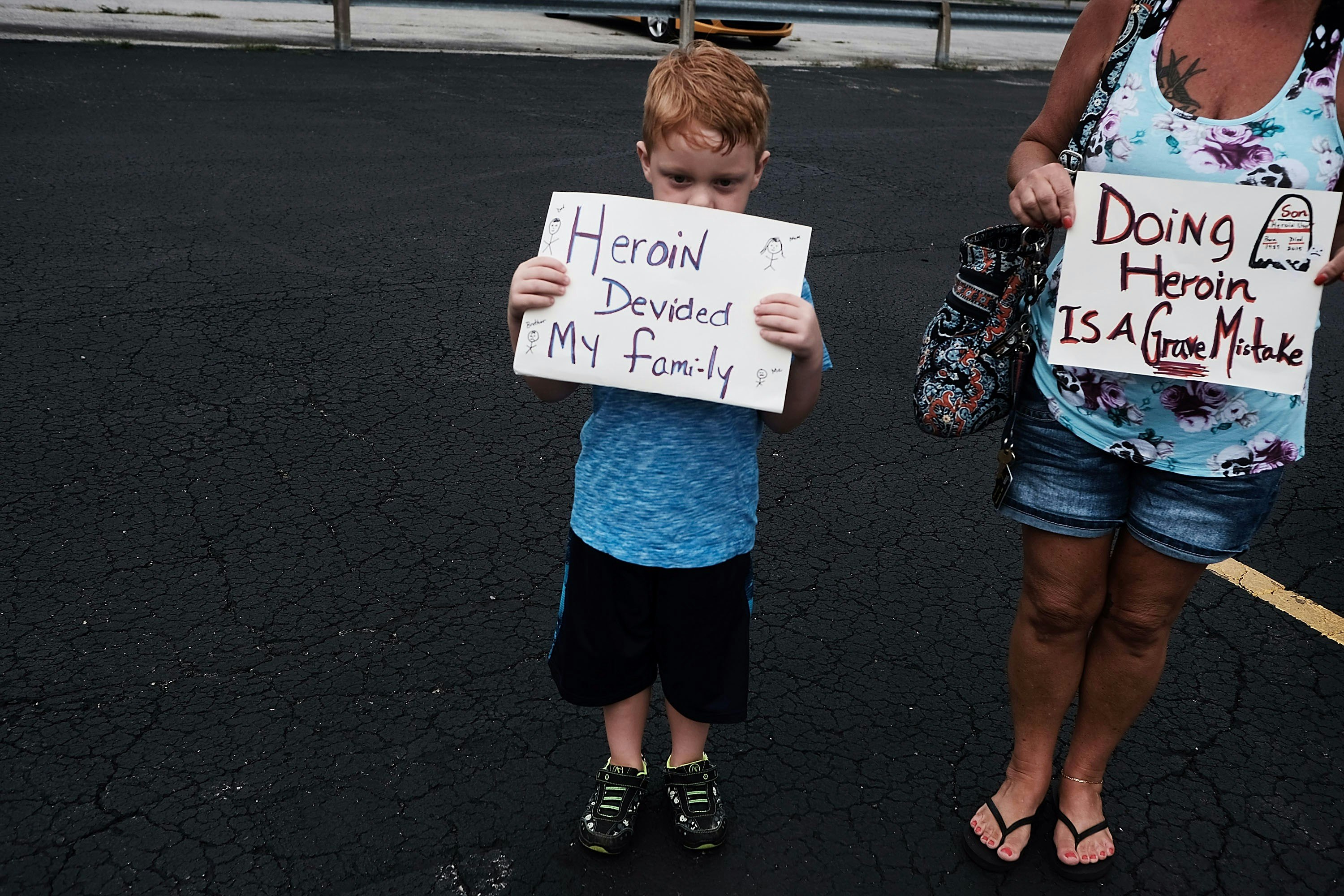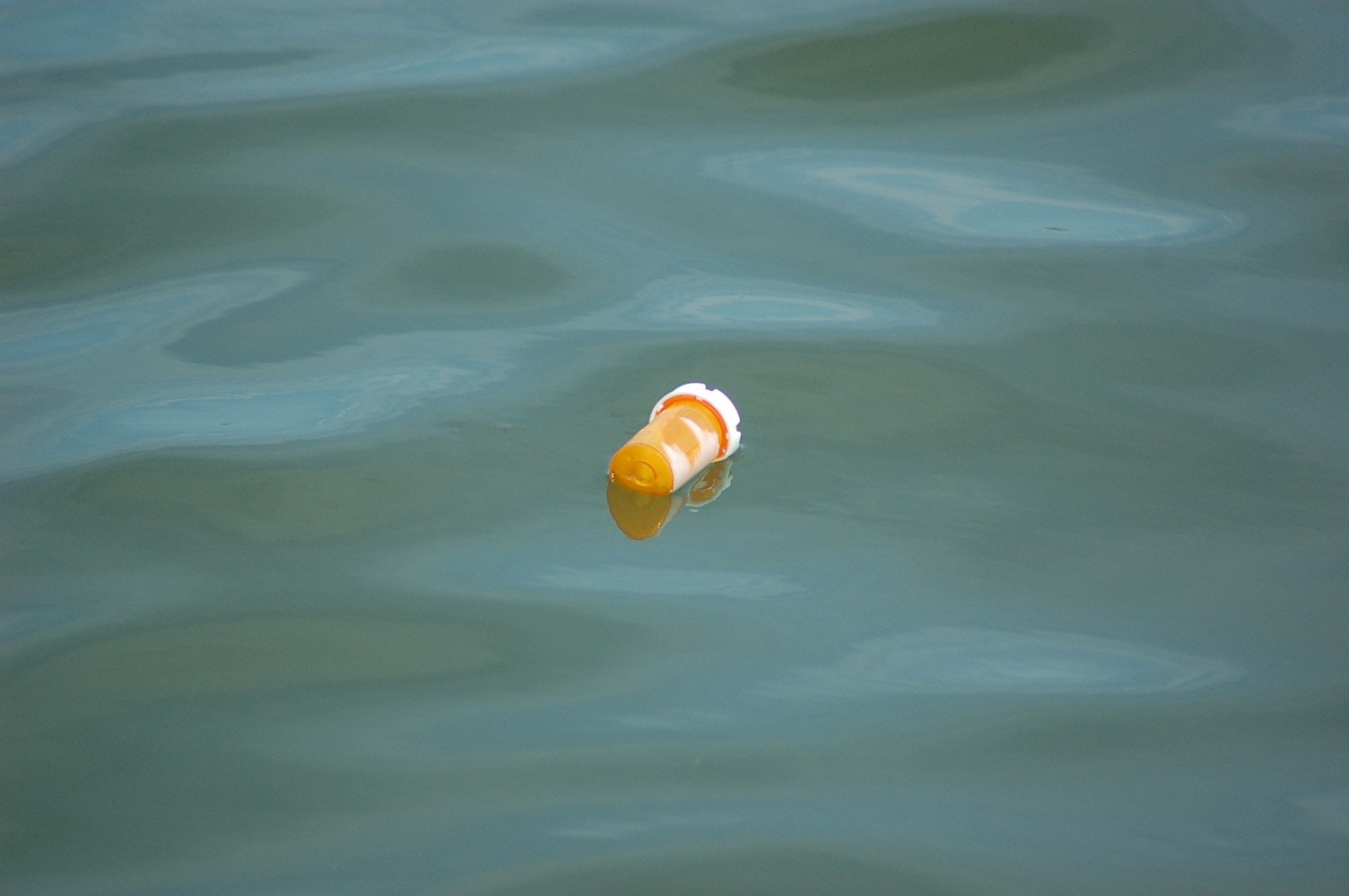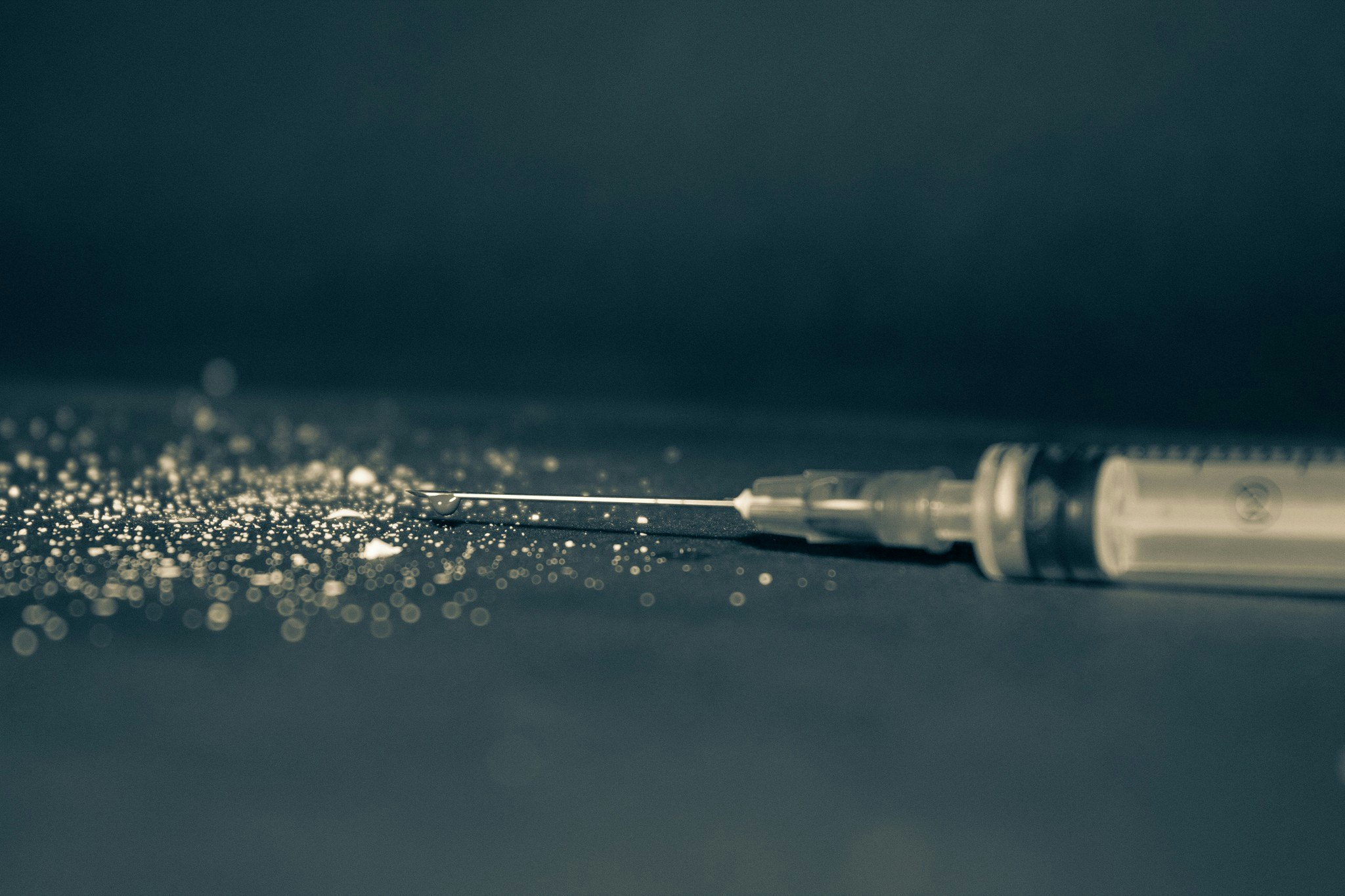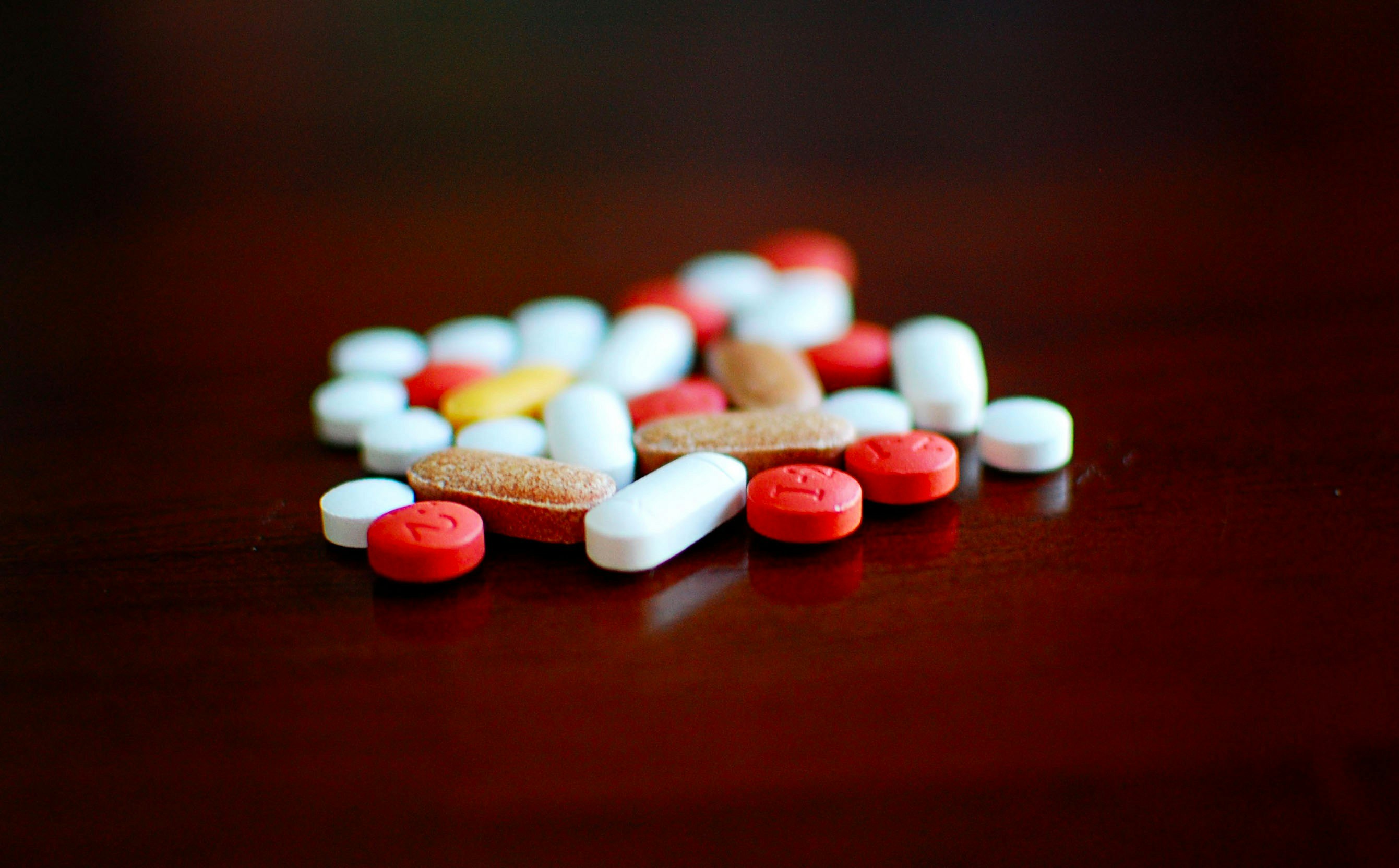Drinking and drug-taking have long been glorified in American pop culture but the tradition has come to an explosive head over the past two decades with the rise of reality TV. Many millennials came of age in the time when drunken antics prevailed as entertainment on TV shows like The Real World, Flavor of Love, and Jersey Shore (among many, many others). In music, the “party anthem” also had its heyday in the early 2000s; 2004 brought us J-Kwon’s hit “Tipsy”, and in 2009, Kesha (then known as Ke$ha) found massive success with her song “Tik Tok.” Even Beyoncé’s hugely successful self-titled album, released in 2013, contained glorifications of drinking on the songs “Partition,” “Jealous,” and, of course, “Drunk in Love.” And as many have noted, mega-successful hip hop artist Future has built a career partially on making drug addiction look cool since he released his mixtape Dirty Sprite — another name for the cough syrup-soda-candy mix also known as lean — in 2011.
But times change, and so do substance preferences. There are now a good number of pop culture figures who are open about their sobriety, and more television portrayals of the adverse consequences of heavy drinking and drug use. Sia, Rumer, Scout and Tallulah Willis, Demi Lovato, SNL’s Pete Davidson, Brad Pitt, Gucci Mane, and most recently Chrissy Teigen, have all been open and vocal about their journeys with alcohol and drug use, along with their respective recoveries.
In the fictional world, sober icons are few and far between, but shows depicting the reality of the negative consequences of risky drinking and drug use provide their own kinds of icons. In the most recent season of Showtime’s Shameless, audiences watched as the once self-assured Lip lost his college scholarship and job due to his struggles with alcoholism but then began attending Alcoholics Anonymous. The eighth season of the show, set to premiere in November, promises further exploration of Lip’s recovery. Netflix’s BoJack Horseman has always presented the eponymous main character’s drinking as a coping mechanism for his the lack of fulfillment he finds in his personal and professional lives. But the latest season takes that presentation even further, as BoJack actively begins to question his drinking habits once his mother and alleged daughter come to live with him. As he does when faced with any sort of pressure or show of love, Bojack repeatedly finds himself at his local bar for a quick drink that soon turns into an all-day binge, and then takes an honest look at his drinking habit.
Sober public figures and icons send the message that living a happy, interesting, exciting life is possible without alcohol and drugs. And their visibility offers hope along with other widely reported, promising statistics: Nationwide, neighborhood bars are closing, beer sales are down; marijuana use and binge drinking among teens, particularly for white boys in higher socioeconomic groups, is declining; and there are more and more recovery programs on college campuses. For some millennials, like myself, it may seem like that every year brings more and more sober peers. That impression is only supported by the many recent articles touting the so-called “trendiness” of sobriety.
There are still very real barriers that continue to keep recovery and treatment reserved for the privileged few.
Still, the U.S. is being devastated by the ongoing opiate crisis, with no promising solutions in sight. And, despite the increase of sober options, especially in major cities, the prevalence of alcohol use disorders is still going up nationwide, particularly among minorities and people at lower socioeconomic levels, according to a study published in the Journal of the American Medical Association this month. So while bars may be hurting right now, that doesn’t mean heavy alcohol use is not still a huge part of American culture. And while some groups of young people seem to be committing to sobriety in large numbers, it’s not enough to solve the public health crisis in the U.S.
The increasing visibility of sober public figures can be read as a reaction to the kind of glorified excess celebrated in years past as well as the tragic losses of beloved celebrities like Prince, Phillip Seymour Hoffman, Michael Jackson, Whitney Houston, Heath Ledger, Amy Winehouse and so many others. It also signals a changing attitude towards sobriety at large, one that focuses on the triumph of recovery rather than the assumed past moral failings of the person in question. Though sober living may continue to be characterized as hip in trend pieces for outlets like the New York Times, Elle, and Forbes, there are still very real barriers that continue to keep recovery and treatment reserved for the privileged few, who are usually wealthy, white, or both. The small bright spot is that sober icons in the entertainment industry, hailing from different socioeconomic and ethnic backgrounds and working in different pop culture capacities, are visible to all and are giving many people their first idea that a sober life is possible and can be achieved, even when the entire world around you is wasted.







